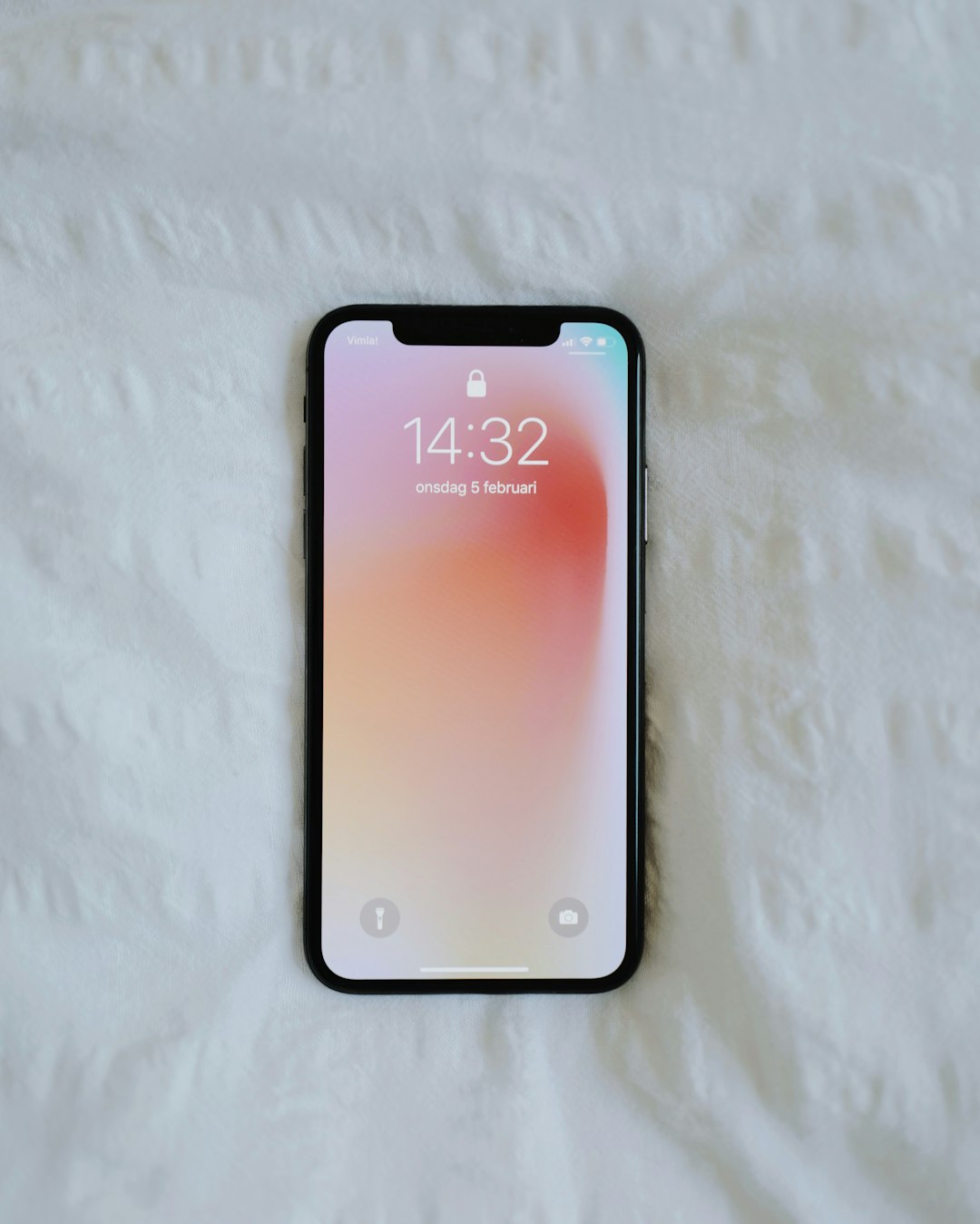Robocalls disturbing Wallingford residents are protected by Connecticut's Telephone Consumer Protection Act (TCPA) and state laws like CUTPA. Unwanted Call Lawyers in Connecticut specialize in consumer protection and can guide residents on their rights, document calls, contact service providers, file complaints, and explore legal action under TCPA against intrusive automated messages.
In today’s digital age, unwanted calls from robocalls have become a pervasive nuisance for Wallingford residents. These automated phone systems can leave recipients feeling violated and frustrated. Understanding your legal rights against robocalls is essential in Connecticut. This article guides you through the complexities of these calls, highlighting your protections as a Wallingford resident, and detailing steps to take when your privacy is invaded by persistent or illegal robocalls. If you’re facing unwanted call issues, consult an experienced unwanted call lawyer in Connecticut for expert advice.
Understanding Robocalls and Their Legal Implications in Connecticut

Robocalls, or automated phone calls, have become a pervasive and often unwanted nuisance for many Wallingford residents. While some robocalls promote legitimate services or organizations, others are used for fraudulent activities, such as telemarketing scams or identity theft attempts. In Connecticut, these automated calls are regulated by state laws designed to protect consumers from excessive and deceptive practices.
Connecticut’s consumer protection laws give residents legal recourse against unwanted calls, especially when they involve prerecorded messages or automatic dialers. If you’re a Wallingford resident facing a deluge of robocalls, consulting with an experienced unwanted call lawyer Connecticut can be beneficial. They can help navigate the legal landscape, educate you on your rights, and explore options to stop these calls, ensuring your peace of mind and privacy are protected.
Your Rights as a Wallingford Resident Against Unwanted Calls

As a resident of Wallingford, Connecticut, you have legal rights and protections against unwanted calls, specifically from automated or prerecorded messages known as robocalls. These robocalls can be intrusive and disruptive, but state laws are in place to safeguard your privacy. If you’re experiencing an excessive number of these calls, you may want to consult with a local unwanted call lawyer who specializes in consumer protection and telecommunications law.
In Connecticut, the Connecticut Unfair Trade Practices Act (CUTPA) prohibits deceptive or unconscionable practices, including harassing telephone calls. A Connecticut unwanted call lawyer can help you understand your rights under this act and take legal action if necessary. Additionally, the Telephone Consumer Protection Act (TCPA) at the federal level offers further safeguards against excessive robocalls. Understanding these laws and your rights is the first step in protecting yourself from unwanted intrusions on your personal time and space.
Taking Action: What to Do When Robocalls Violate Your Privacy

If you’re a Wallingford resident tired of receiving unwanted calls, you have options. The first step is to identify if the robocall violates any laws. In Connecticut, the Telephone Consumer Protection Act (TCPA) prohibits automated calls and text messages for marketing purposes unless the caller has your prior express consent. If you recognize the number or suspect it’s a scam, document the call by recording dates, times, and any specific details about the message.
Next, consider taking action. Contacting the caller’s service provider to request they stop contacting you is a good first step. If this doesn’t work, filing a complaint with the Federal Trade Commission (FTC) or Connecticut’s Attorney General can trigger an investigation. For more severe cases or when your privacy has been significantly violated, consulting with an unwanted call lawyer in Connecticut may be beneficial to explore legal remedies available under TCPA and other relevant laws.






